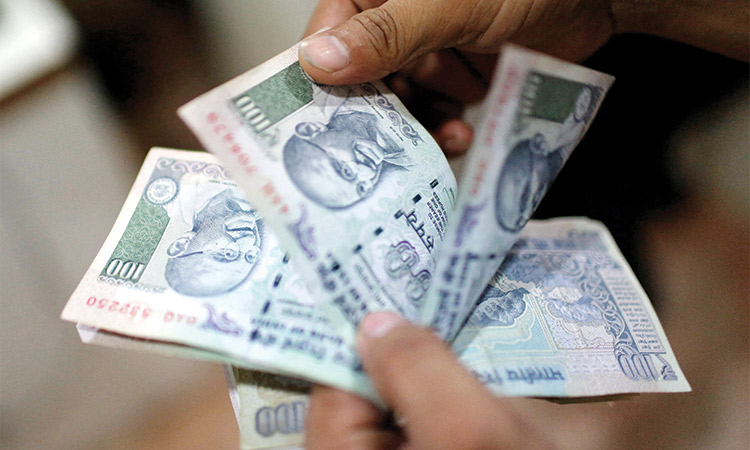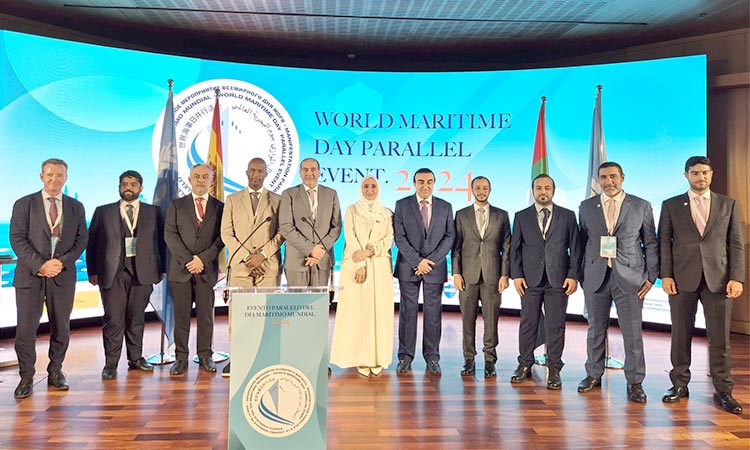
Experts caution that by pushing false, harmful diet and nutrition advice and celebrating thinness, social media might encourage susceptible youth to develop eating disorders. Although rates among men have been rising, young women and girls are far more likely to have conditions including anorexia, bulimia, and binge eating disorder.
According to research, the proportion of people who have had an eating problem at some point in their lives increased from 3.5% in 2000 to 7.8% in 2018, a period that coincides with the growth of social media. Misinformation from influencers on social media sites like Instagram and TikTok is a major issue for experts working to assist teens in recovering from these diseases.
French nutritionist and dietician Carole Copti told AFP, “We no longer treat an eating disorder without addressing social media use.” “It has become a trigger, an accelerator and an obstacle to recovery,” she stated. Eating disorders have many different origins, and a person may be predisposed to them by psychological, genetic, environmental, or social reasons.
For children and teenagers, social media “is not the cause but the straw that may break the camel’s back,” according to Nathalie Godart, a psychiatrist with the Student Health Foundation of France. She told AFP that social media weakens already susceptible people and “amplifies the threat” to their health by encouraging thinness, rigorous diets, and constant exercise.
Also Read:
PTSA’s Holistic Approach In Shaping The Future Of Football: Mohamad Adlouni









